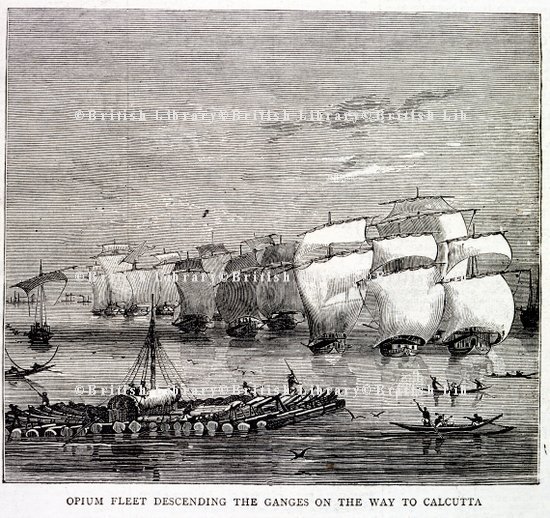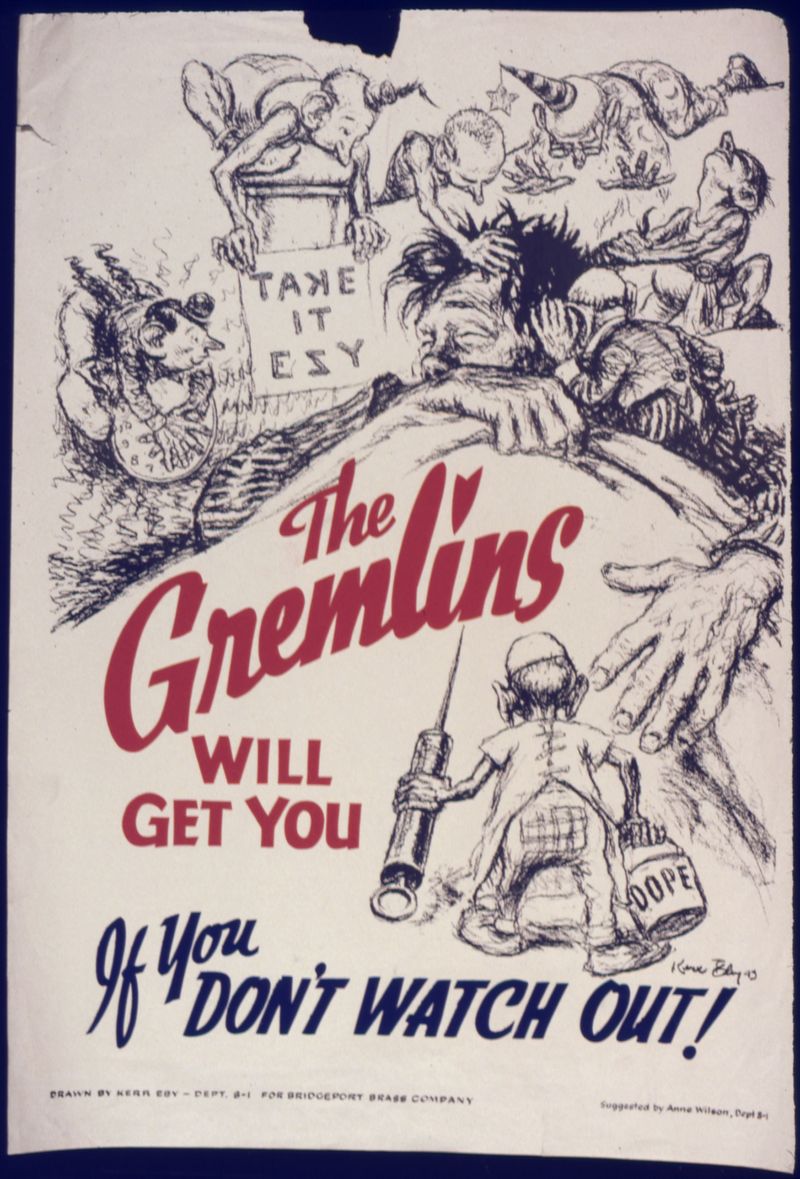This guest post from
Stephanie Minchin highlights some of the discussions on ‘Addictive Personality’ as presented at the British Library’s ‘Myths and Realities’ public debate on 18th
March, 2013; with Prof. Phil Withington,
Prof. David Nutt and Prof. Gerada Reith, reflecting upon what drives addiction.
As
part of the ‘Myths and Realities’ series of public debates the British Library
was host to Professor Gerda Reith, University of Glasgow, Professor David Nutt, Imperial College London and Professor Phil Withington, University of Sheffield who
discussed and challenged the myths and assumptions attached to the concept of
addiction. The event was chaired by Claire Fox from the Institute of Ideas who
questioned the notion of an addictive personality with the term that society
may be a nation of ‘addiction addicts’.
Prof.
Phil Withington introduced the debate with ‘Addiction
– an early modern perspective’. The language of addiction from the 16th
and 17th century was described in the depiction of a cloth worker in
1628 as being “overtaken with drink”.
The point was raised that the way we consume and think about intoxicants is
reflected in the understanding of ourselves and where we come from. Therefore,
it seems to some extent that today’s perception of addiction reflects the same
as the early modern roots. Prof. Withington accounted for a historical
perspective of intoxication and capitalism, such that substance use grew into a
big business as an important feature of international trade in the industrial
revolution; organized import and export allowed for the transfer of intoxicants
(tea, coffee, chocolate, opium) as durable and profitable substances. The
language from the renaissance period to today has also increased in the number
of words used to describe the meaning addiction. Samuel Johnson’s (1740)
reflection “he addicted himself to vice”
still holds meaning today.

'Opium fleet descending the Ganges on the way to Calcutta'. Image taken from The Graphic. Originally published/produced in London, June 24, 1882. © The British Library Board
Following
from Professor Withington’s portrayal of the language of addiction, Professor
Nutt began with the translation of the Latin verb ‘addictio’ meaning ‘to
enslave’. Professor Nutt firmly contended that he has never met an addict
who wanted to be an addict, and used Amy Winehouse as an example of a great
loss in a person who struggled to escape the pattern of addiction. From a
biological and neurological perspective Prof. Nutt highlighted pleasure seeking
behaviours as a natural evolutionary mechanism for the survival of the species.
However, in an addiction, it is the compulsion, pressure and drive to change
the brain with a substance that creates a loss of control. The brain circuits
of addiction were detailed as self-control, pleasure, salience/attention, learning
and memory and individual differences that all happen differentially in people.
With the example of tobacco and alcohol the audience was encouraged to
reminisce on their very first taste of a cigarette/alcohol, unanimously
agreeing that it evoked an instant dislike. So what is it that leaves us
wanting more? The biology is all about how fast and how much of the substance gets
to the brain. The faster the substance gets into the brain, the higher the
addiction. In withdrawal, the quicker the substance is secreted from the liver,
the higher the addiction. Prof. Nutt concluded his presentation from a
political perspective to challenge the associated stigma and blame of societal
problems with substance use; in order for Government to provide interventions
and rational treatments for addiction, we need to de-stigmatise those suffering
and understand that addiction is “not a
lifestyle choice”.
Professor
Gerada Reith encouraged the audience to think beyond the individual to consider
the sociological complexities and ambiguities behind addiction. Prof. Reith’s
presentation titled ‘If addiction did not
exist, it would be necessary to create it’ portrayed the reality of
addiction as being a combination of environmental, political, cultural and
historical contexts. In a laboratory experiment titled ‘Rat Park’ it was found
that the group of rats in a small cage became addicted to morphine, whereas the
rats in the ‘social housing’ cages (with light, space, toys and other rats for
company) did not. This experimental finding highlights the differential
behaviour patterns associated with contrasting living circumstances. Therefore,
Prof. Reith highlighted that geographical areas with certain populations and
social groups may experience poorer housing and health, poverty, high rates of
unemployment, short life expectancy and a low level of education, which in turn
can lead to a vulnerability to addiction.
The
concept of environmental influences was further supported by the notion that
the social climates within cultural contexts attach meanings and values to
social activity. In the case of substance use, Howard Becker’s (1953) book
titled ‘Becoming a marihuana user' detailed how jazz musicians of the 1950s
attached meaningful social activity to smoking marihuana, whilst it was
condemned by other social groups, conveying the juxtaposition of cultural core beliefs ‘cool’ vs. ‘deviant’. Further social tensions
were described in the historical use of opium which created racial tensions
between societal classes; consumption was very different in function for the
degeneracy vs. middle-class. In agreement with Prof. Nutt’s political stance,
Prof. Reith contended that the association of crime and unemployment with drugs
has blamed individuals for universal social problems. Today, drugs are the “ideological fig leaf to place over unsightly
urban ills” (Jimmie Reeves and Richard Campbell 1994). The term addiction now
has a cultural specificity and popularity in its label. Addiction as a term and
meaning is normalised; addiction is a discourse in its widest sense.

 'The Gremlins will get you if you don't watch out!' US Office for Emergency Management. War Production Board. (01/1942 - 11/03/1945). This file was provided to Wikimedia Commons by the US National Archives and Records Administration.
'The Gremlins will get you if you don't watch out!' US Office for Emergency Management. War Production Board. (01/1942 - 11/03/1945). This file was provided to Wikimedia Commons by the US National Archives and Records Administration.
The
discussion was then opened to the audience for questions, comments and thoughts
on the topic. The first question asked do we lack individual responsibility for
our own pleasure-seeking behaviours, and to what extent does the economic
determinism of social deprivation account for substance abuse? The answer was a
medley of biological vulnerability and lack of social opportunity with Prof.
Nutt clarifying “Never does one drug
addict everyone”. Questions continued to scale the continuum of biological
vs. sociological factors, inquiring about addictions influenced by life events;
peer pressure; endorphin pleasure factors; pharmaceutical companies; prohibition
issues. At the moment society has an absolutist view against addiction. Can we
really drink and use substances without losing control? Definitions and cultural
power lie in the hands of medical professionals who influence how we understand
addiction and the changing meanings of substance abuse. Regardless of what
‘type’ of addict one may be defined, be it compulsive or impulsive, the younger
you are when you start the more likely you are to be an addict. The youth is
the real target; the future needs to address addiction at community level.
In
conclusion, the audience were left with provocative final thoughts: Prof. Reith
highlighted the individual brain as a starting point within a cultural
environment predisposing addiction. Alternatively Prof. Nutt posed the question
‘Why in our brain do we have the
propensity to become addicted to substances?’ His answer? ‘It is all about LOVE. Substances are
hijacking the pathways of love.’ For the reality of addiction we are now
contemplating a new myth: are substances a surrogate for love?
Combining
the understanding of historical, biological and socio-cultural perspectives
will help find further answers in what is an undeniable reality of today’s
modern society: addiction. The new myth: drugs or love?
Stephanie Minchin is a
practitioner in NHS mental health services for ‘City and Hackney Centre for
Mental Health in' the East London Foundation Trust’ and is a Masters student in
Clinical Research at City University, London.